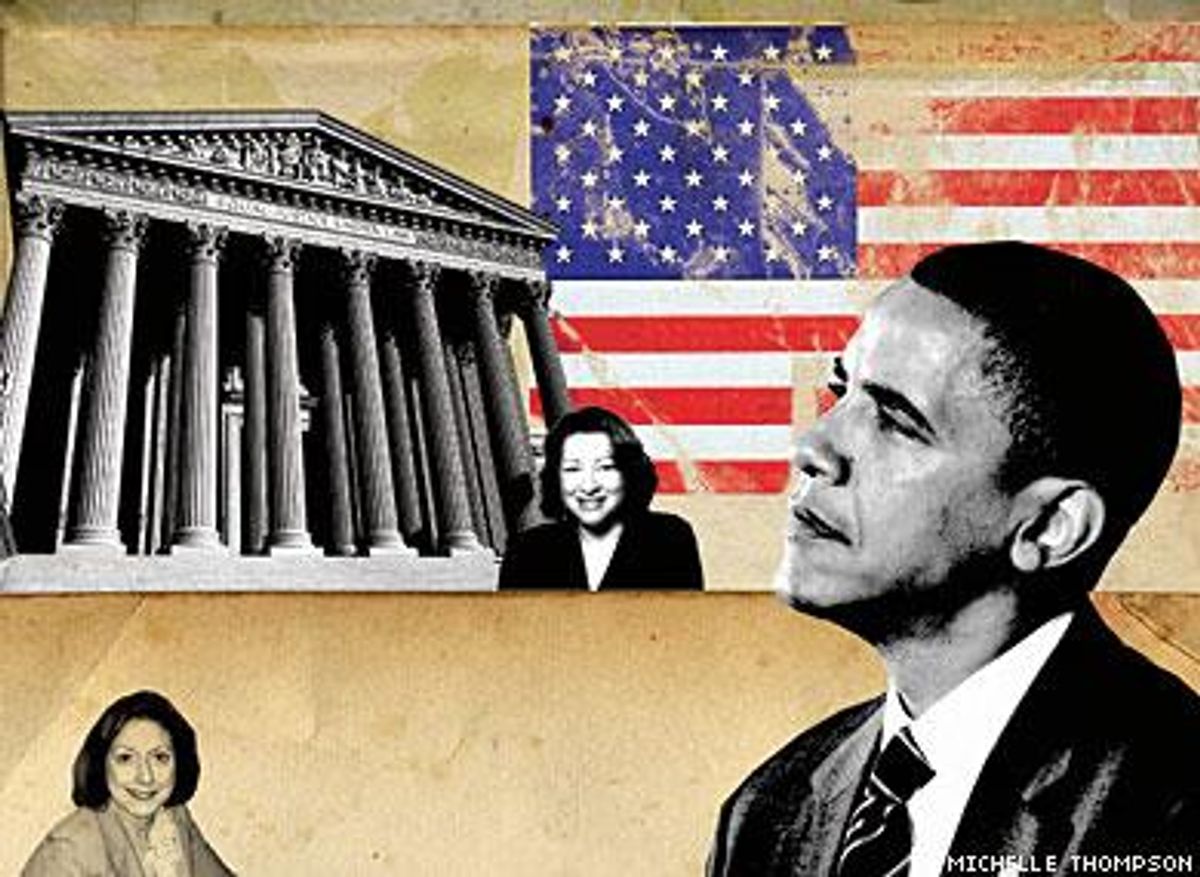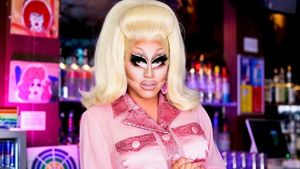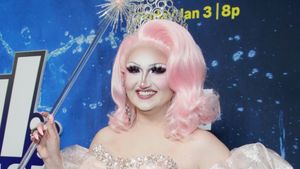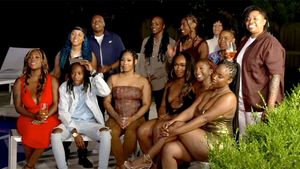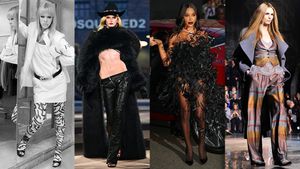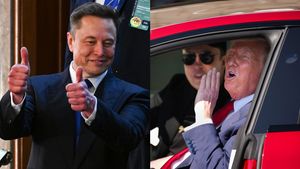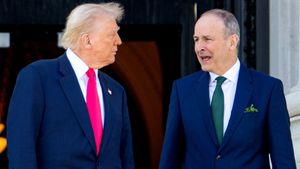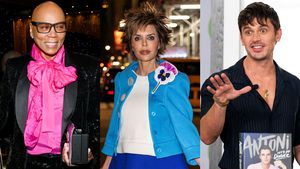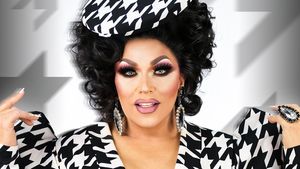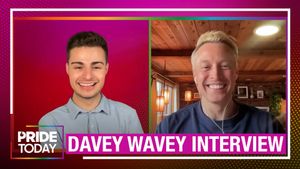In american politics, few events signal the political arrival of a minority group more powerfully than a Supreme Court nomination. When President Obama tapped Sonia Sotomayor -- making her the first Latina to be nominated for service on the high court -- it was an important nod to the growing political clout of Hispanic-Americans.
Though there is no evidence Obama gave more than passing consideration to an openly gay nominee, for the first time the notion didn't seem to be out of the question: Both The Washington Post and The Wall Street Journal put prominent Stanford law professor Kathleen Sullivan on Obama's short list. And T he New Republic speculated about Sullivan's Stanford colleague, Pam Karlan, deeming a gay Supreme Court nominee politically "plausible." (Sullivan and Karlan declined interview requests for this story.)
"The first African-American, Jew, woman -- each [high court nomination] took place after the group had achieved political power," says Jeffrey Toobin, CNN legal analyst and author of The Nine: Inside the Secret World of the Supreme Court (Anchor). "It's now gay people's turn to have that kind of validation, but the first one is always difficult and controversial, and can take some time from the assumption of that power."
Indeed, gay and lesbian Americans may have to wait a while for such a breakthrough. Gays not only lack the electoral weight of other minority groups, but also are nearly nonexistent in the federal judiciary. Every current member of the U.S. Supreme Court was chosen from a federal appellate court position (Sotomayor has served on the second circuit court of appeals since 1998).
In March, Obama named openly gay Emily Hewitt as chief judge of the federal court of claims, a position without the lifetime tenure of other federal judgeships. He also nominated another openly gay judge, Maria Demeo, to serve in Washington, D.C., superior court, a lower trial court. But of the nearly 900 federal district and appellate court judges, only one is openly gay: Deborah Batts, a New York district court judge appointed by President Clinton in 1994. "While people of color and women continue to be underrepresented at all levels of the federal judiciary, 'out' LGBT judges are nearly invisible among their ranks," wrote Kevin Cathcart, Lambda Legal executive director, in a letter to the White House.
"Federal courts are the ultimate establishment institutions," says Robert Raben, a former aide to the House Judiciary Committee and founder of the Raben Group, a Washington, D.C.-based lobbying firm. "The overwhelming majority of district and appellate court judges have some relationship with a U.S. senator. Local political leaders get nominees into the feeder. It's anything but random -- they need to be from the right law firm, social club, or fund-raising committee."
But there is no organized campaign to usher gay candidates into the court feeder system, a process that is traditionally based more on personal connections. "Basically, we have to grovel like every other group," says William Eskridge, the John A. Garver professor of jurisprudence at Yale Law School. "It's a matter of going to the right school and knowing the right people."
Even then, he adds, the political environment relating to gay issues will have to improve dramatically. "The problem is that right now even pro-gay senators are not going to be pushing a gay person, because Republicans are going to see that as the seat of a potential Supreme Court nomination down the road," Eskridge says.
Which means it may take Obama or a future president to look outside the federal courts for a gay or lesbian nominee. "There's no question Obama is a bold president," says Denis Dison, vice president for communications at the Gay and Lesbian Victory Fund. "[We think] he should be bold on our behalf as well. As a community we should expect him to honor our causes too. And we should do everything in our power to embolden him to do the right thing."
Sotomayor, who has never ruled on a gay-related case, is not necessarily a default ally to gay interests. But Eskridge, who served as one of her faculty advisers when she was a student at Yale Law School, is convinced she would be as pro-gay as her predecessor, David Souter. Sotomayor has employed several gay law clerks, and Eskridge recounted the story of a male clerk whose same-sex partner was in the hospital while he worked for the judge. "Sonia offered to stay with the [hospitalized] partner so her clerk could go home and get some rest," Eskridge recalls. "She's an extremely generous and compassionate person -- and she just gets it."
